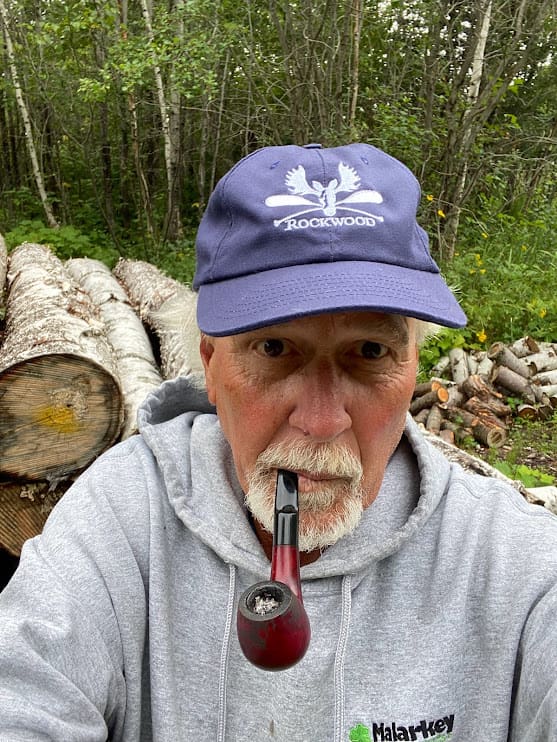If you’ve ever worked a job where tips were part of your income, you probably heard the loudmouth who intends to stiff you say as the pompous ass walks away laughing with the insensitive clods surrounding him, “Wanna tip, kid? Buy low and sell high,”
We moved from Minnesota Nice, where tipping was for restaurant servers and barbers, to Nevada just before Armageddon—the year 2000, when computers would rebel. If HAL took over, we’d spend our final days in a sun-filled tourist trap where tipping was part of every economic transaction.
Cash was king in Nevada. Every transaction required a tip because people believed TIP meant “To Insure Promptness.” A few Georg-es or a Lincoln made one a valued customer.
In “old” Las Vegas, slipping a couple of bucks to the roving cashiers who sold you two rolls of quarters could get a nod towards the “hottest” machine. Those “hot” machines didn’t always pay, but the cashiers would remember you. And they earned a comfortable and safe middle-class living off those tips.
Parking was free at every casino in the valley back then, but you could have a valet park your car. There was no charge for valet parking either, but if you slipped a fiver to the valet when you came in, you were insured prompt service going out.
Valets at strip resorts could earn a six-figure annual income working a 40-hour week back then. No wonder a high school student with connections to get one of those jobs would not consider four years of college for a marketing degree when they could earn more the year after high school than the brightest of college grads.
Does anyone remember restroom attendants at high-end properties as they hover with a towel, aftershave, mouthwash, or just a light? They got a tip.
Car wash attendants who just finished vacuuming and drying your car, mechanics who brought your car out of the garage, and attendants who brought groceries to your vehicle are all part of the tip economy.
Now, tipping has moved to any service that uses credit cards. Coffee shops, fast food restaurants, and others catch you as you pay. “Do you want to add a tip with this?” and allow you to add one pre-calculated at 10, 15, or 20 percent.
I’m not opposed to tipping. At various times, everyone in my family made a living off tips. But I dislike any business that requires a tip, usually 20%. A 20% gratuity has always been the highest tip I’d give for excellent service.
There’s no incentive for good service if a 20% tip is guaranteed at checkout. It looks like the business is covering up pricing failures.
Finally, the government, big banks, and employers love this new tip-collection method.
Earlier, a service worker could pocket some tip income without paying taxes. Not anymore. The government gets its pound of flesh upfront.
Big banks have another windfall collecting credit card fees on tips they missed before.
Employers now determine the distribution of tips among employees; some even keep a piece for themselves.
My first real W-2 job, at 15, was a busboy in a steak house—the bottom rung of the ladder if you don’t count the dishwasher. Servers could be tyrants, but if you kept their sections set, customers watered, dishes cleared, and always responded when they requested something, you’d get a share of their tips at the end of the shift.
It was not a bad way to learn about customer service, working well with others, and the benefits of doing a job the right way.
Tip on.




